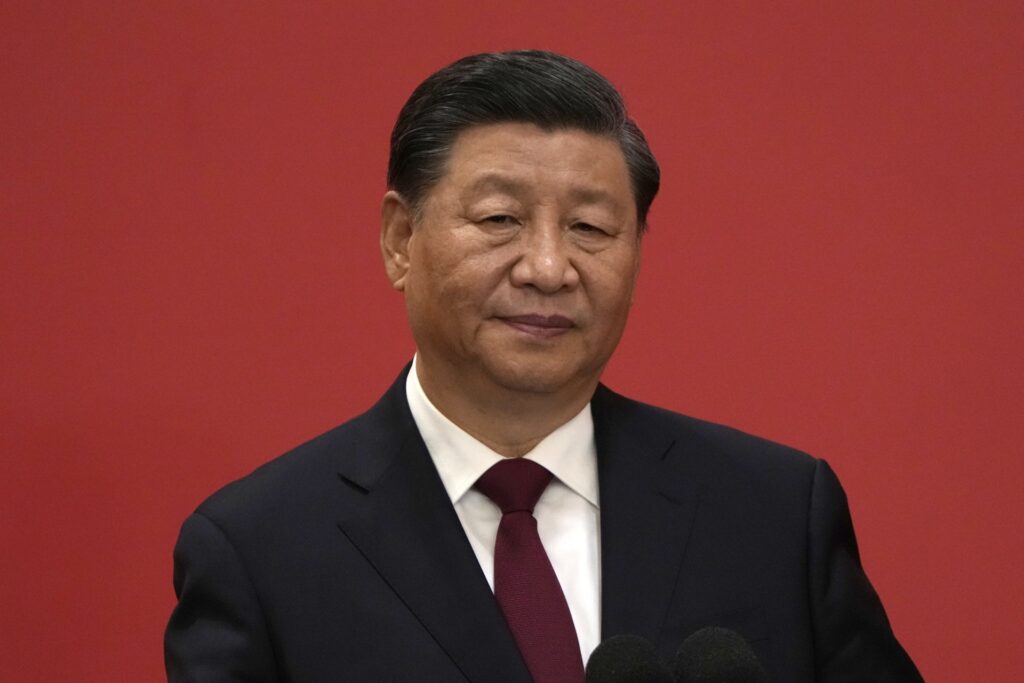China’s state-run Global Times on Monday filed a gloomy report on Chile’s plans to nationalize its lithium industry, which would freeze Beijing out of exploiting the vital “green energy” mineral.
The editors vacillated between warning Chile that it courts disaster, and huffing that China does not really need Chile’s lithium output.
Chile’s left-wing President Gabriel Boric gave a televised address last Thursday to announce that a state-owned company would take control of all lithium production, ostensibly because it would be better able to implement revolutionary new filtration technologies.
Chile is currently the world’s second-largest producer of lithium, which is essential for producing electric vehicle batteries. Australia is the top producer, but Chile has much larger reserves waiting to be tapped.
Existing lithium production techniques rely on extracting the metal by pumping mineral-rich brine from deep underground and pouring it into huge evaporation ponds. Evaporation is slow, relatively inefficient, and creates undesirable gas byproducts.
Boric said Chile’s nationalized production company will shift to direct lithium extraction (DLE), a new and unproven technique that uses extensive filtration systems to extract lithium from brine without evaporation – effectively replacing the vast evaporation ponds with enclosed refinery complexes.
DLE consumes a great deal of water and energy, and while it has been demonstrated on a research basis, it has never been employed for large-scale commercial production. Boric asserted that only a state-run enterprise would be willing to make massive investments in potentially unreliable or less profitable DLE production.
“This is the best chance we have at transitioning to a sustainable and developed economy,” he said.

President Xi Jinping attends an event to introduce new members of the Politburo Standing Committee at the Great Hall of the People in Beijing, Sunday, October 23, 2022. (AP Photo/Ng Han Guan)
Boric’s nationalization plan, which is still pending congressional approval, would allow existing private contracts for lithium to run their course, with the Chilean state becoming senior partner in each deal. The Global Times said Chinese companies were “closely watching” Chile’s plan with some dismay, even though they import more heavily from Australia, so their reliance on Chilean lithium is “quite small.”
“Industry insiders warned that Chile’s plan could weigh on China’s supply of the strategic resource. They urged faster progress on domestic technology breakthroughs for extracting lithium from salt lakes, to secure supplies and cope with global price fluctuations,” the Global Times reported.
The Chinese Communist paper noted that Mexico nationalized its lithium in 2022, while Argentina, Bolivia, Chile, and Brazil are considering an “OPEC-like” cartel to control their own production. These moves could freeze China out of large lithium reserves and raise the price China pays for the vital mineral.
Bloomberg News reported in March that China, already the world’s largest consumer of lithium, could control a third of the global supply by 2025. China adds to its massive imports by producing some lithium in domestic facilities and holding controlling interests in foreign mines, particularly in Africa. China’s domestic lithium industry, which produces about ten percent of the world’s supply, stumbled in February when the government investigated alleged environmental violations at some of the biggest lithium mines.

COMMENTS
Please let us know if you're having issues with commenting.